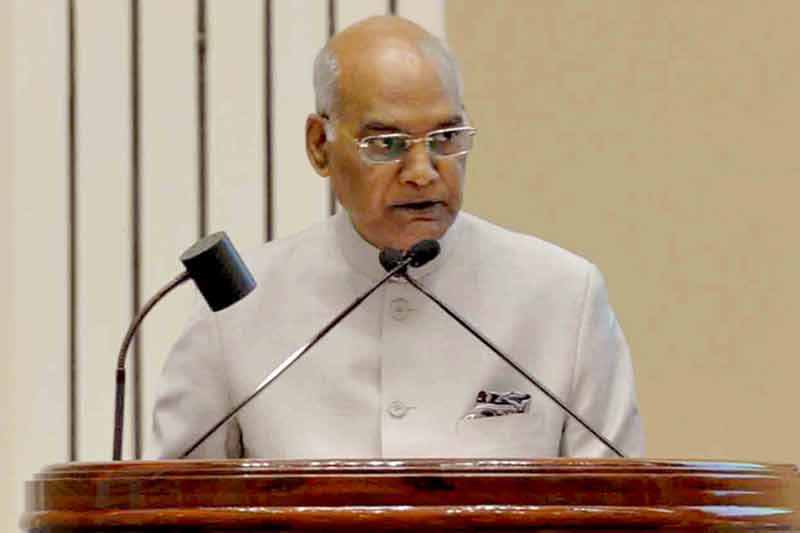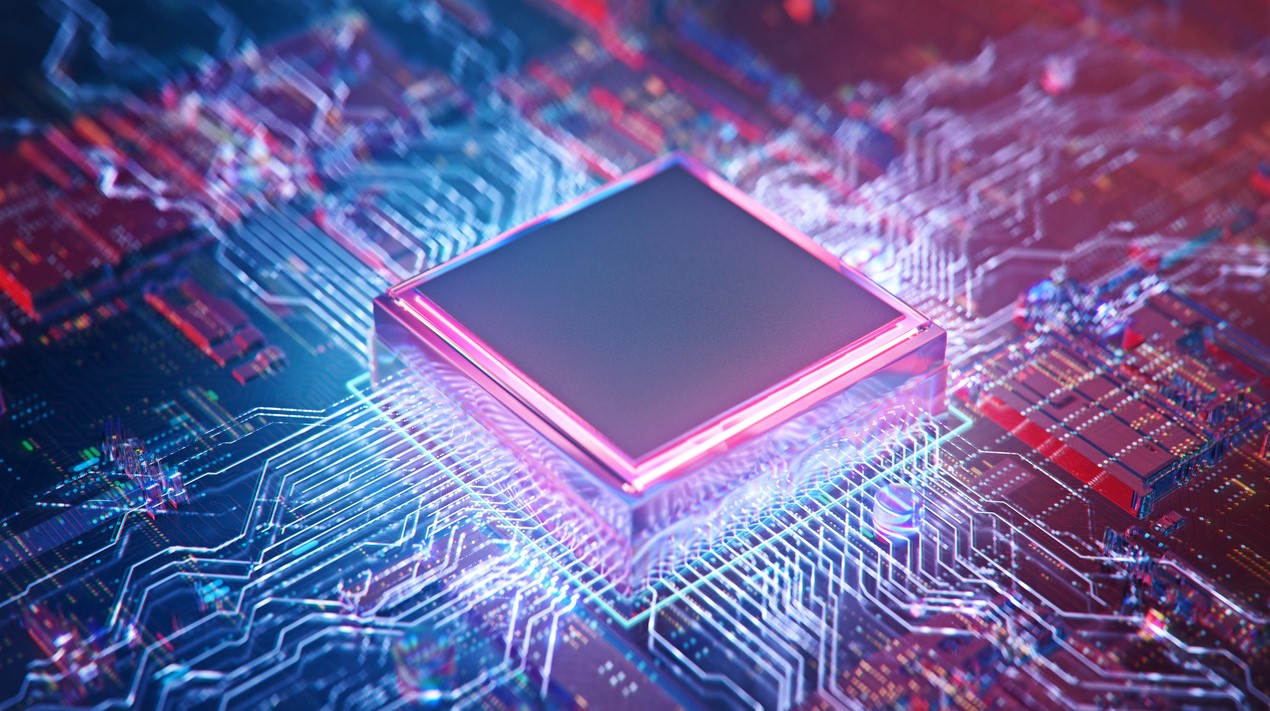
On 11 May, the
President of India Shri Ram Nath Kovind gave his
address at the National Technology Day celebrations in New Delhi. He
emphasised that technology is the country’s destiny and iterated that “technology
must also be equity” and that “its fruits must be accessible to all”.
“Our goal is a technology society and our means to that goal
too will incorporate technology. Technology is our destiny,” he said.
In his address, the President first traced the country’s
history in technology development and production – how India began to climb the
value chain in technology production in the areas of space and atomic energy
after independence and expand to today’s capacities in communication
technology, IT, pharmaceuticals and biotechnology.
He then urged the country to explore new frontiers. To
support new technological advances, the Indian Government has proposed to
establish Centres of Excellence to train young technologists in robotics,
artificial intelligence (AI), digital manufacturing, big data analytics,
quantum communication, and in the Internet of Things (IoT). He also mentioned
that the government is also pursuing demonstration and deployment of successful
technology solutions for clean energy options and for meeting the challenge of
water availability.
“Technology and innovation have cross-cutting implications.
All of our national programmes – such as Make in India, Skill India, Digital
India, Start-up India, Stand-up India, Ayushman Bharat, enhancing agricultural
productivity and farm incomes, and others – require a force multiplier in the
form of technology,” the President said.
As part of the National Technology Day celebration, the
occasion also celebrated the achievements of some of the country’s best
scientists and innovators, and their success in shaping technology into usable,
commercial products and processes that change the lives of people.
The recognised projects range from a vaccine that will help
defeat rotavirus,
which is a leading cause of diarrhoeal deaths among children, to a low-cost but
high-performing diagnostic machine for kidney and other non-communicable
illnesses. Projects that have won technology startup awards include companies
that have demonstrated advance in wireless communication, in drug delivery for
cancer patients, and in medical tests that help fight the growing problem of
antimicrobial resistance.
According to the President, these new technologies have
three attributes in common. First, they offer solutions that are necessary in
the Indian context and contribute to the social and economic needs of its people.
Second, they achieve all this at competitive price points. Third, they do not
compromise on quality.
“This emphasis on quality in our innovation and technology
endeavours is non-negotiable. There was a time when we tended to confuse frugal
and low-cost innovation with jugaad – small, incremental change or essentially
a cut-and-paste approach to technology. As a society, we have and we must
continue to overcome that mindset,” he added.
As the President highlighted that technology is India’s destiny,
he also emphasised that technology must also be equity and that its fruits must
be accessible to all.
“Finance and resources should be available to
all technologists who may wish to turn entrepreneurs – and to migrate from the
lab room to the shop floor. Above all, gender equity must be integrated with
technology production and technology sharing. We need more of our daughters and
more of our country’s young women to enter the technology and innovation space.
Those who are already working here are doing a remarkable job, but their
numbers need to improve, and improve urgently,” he urged.
















